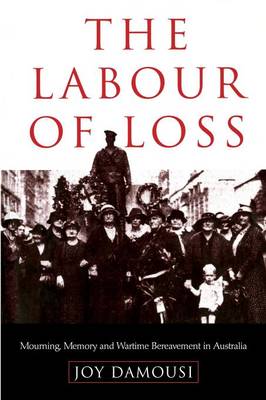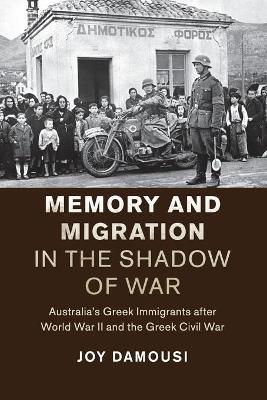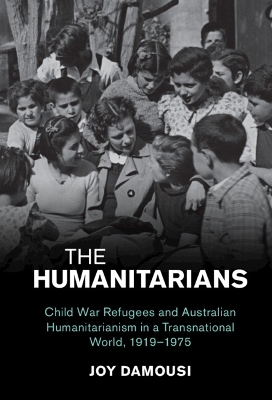Studies in the Social and Cultural History of Modern Warfare
3 total works
The Labour of Loss, first published in 1999, explores how mothers, fathers, widows, relatives and friends dealt with their experiences of grief and loss during and after the First and Second World Wars. Based on an examination of private loss through letters and diaries, it makes a significant contribution to understanding how people came to terms with the deaths of friends and family. The book considers the ways in which the bereaved dealt with grief psychologically, and analyses the social and cultural context within which they mourned their dead. Damousi shows that grief remained with people as they attempted to re-build an internal and external world without those to whom they had been so fundamentally attached. Unlike other studies in this area, The Labour of Loss considers how mourning affected men and women in different ways, and analyses the gendered dimensions of grief.
In an engaging and original contribution to the field of memory studies, Joy Damousi considers the enduring impact of war on family memory in the Greek diaspora. Focusing on Australia's Greek immigrants in the aftermath of the Second World War and the Greek Civil War, the book explores the concept of remembrance within the larger context of migration to show how intergenerational experience of war and trauma transcend both place and nation. Drawing from the most recent research in memory, trauma and transnationalism, Memory and Migration in the Shadow of War deals with the continuities and discontinuities of war stories, assimilation in modern Australia, politics and activism, child migration and memories of mothers and children in war. Damousi sheds new light on aspects of forgotten memory and silence within families and communities, and in particular the ways in which past experience of violence and tragedy is both negotiated and processed.
Spanning six decades from the formation of the Save the Children Fund in 1919 to humanitarian interventions during the Vietnam War, The Humanitarians maps the national and international humanitarian efforts undertaken by Australians on behalf of child refugees. In this longitudinal study, Joy Damousi explores the shifting forms of humanitarian activity related to war refugee children over the twentieth century, from child sponsorship, the establishment of orphanages, fundraising, to aid and development schemes and campaigns for inter-country adoption. Framed by conceptualisations of the history of emotions, and the limits and possibilities afforded by empathy and compassion, she considers the vital role of women and includes studies of unknown, but significant, women humanitarian workers and their often-traumatic experience of international humanitarian work. Through an examination of the intersection between racial politics and war refugees, Damousi advances our understanding of humanitarianism over the twentieth century as a deeply racialised and multi-layered practice.


